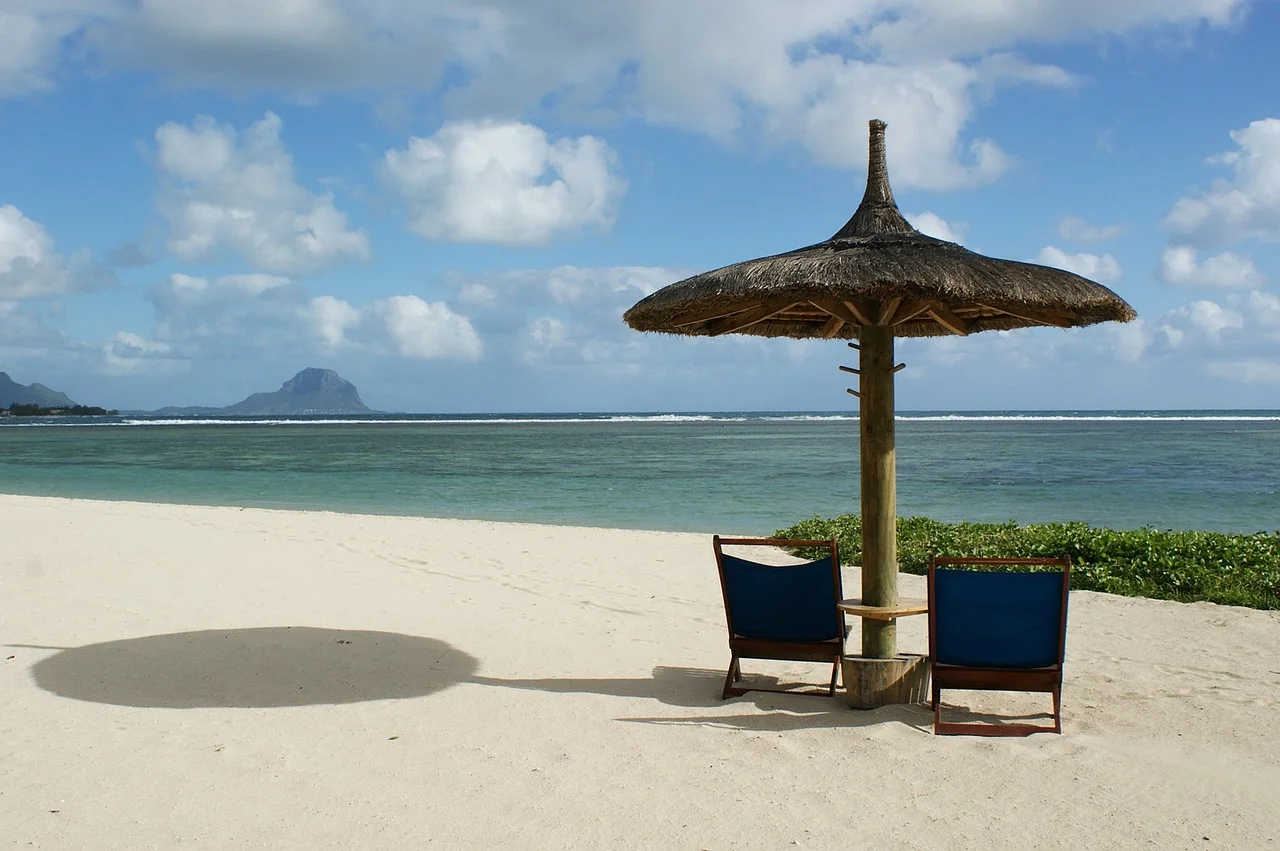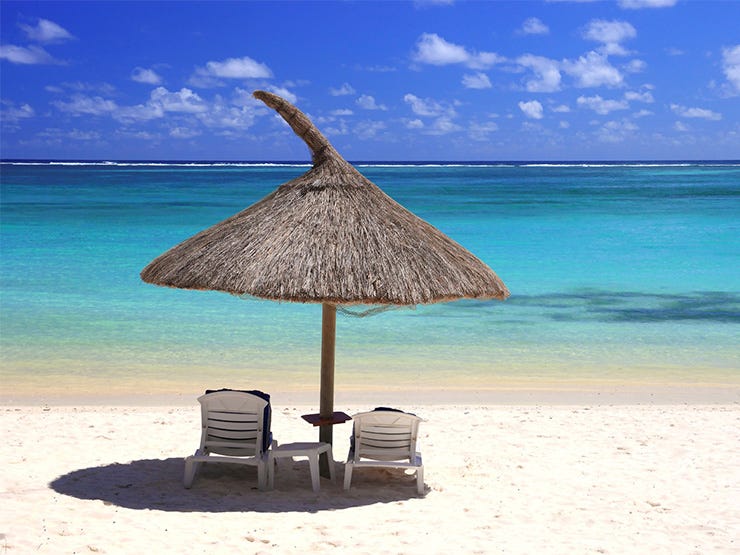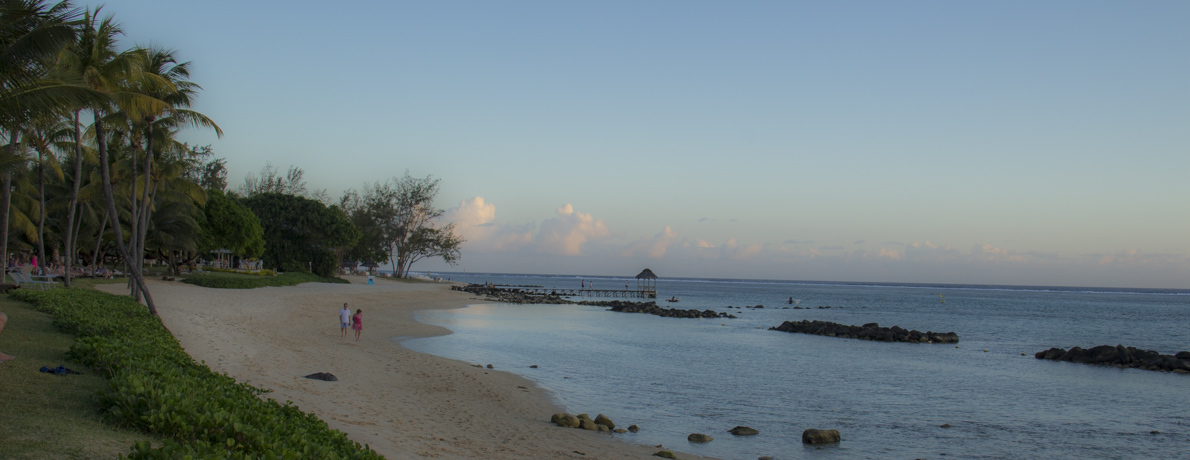Mauritius: A Jewel in the Indian Ocean
Related Articles: Mauritius: A Jewel in the Indian Ocean
Introduction
With great pleasure, we will explore the intriguing topic related to Mauritius: A Jewel in the Indian Ocean. Let’s weave interesting information and offer fresh perspectives to the readers.
Table of Content
Mauritius: A Jewel in the Indian Ocean

Mauritius, an island nation in the Indian Ocean, is a captivating destination renowned for its pristine beaches, diverse landscapes, and rich cultural heritage. Nestled approximately 2,000 kilometers east of mainland Africa, this tropical paradise has long been a popular tourist destination, drawing visitors from across the globe seeking relaxation, adventure, and cultural immersion.
A World Map Perspective
To understand Mauritius’ position within the world, it is crucial to visualize its location on a world map. Situated in the southwestern Indian Ocean, Mauritius forms part of the Mascarene Islands, alongside Reunion and Rodrigues. Its close proximity to Madagascar, the fourth largest island in the world, further highlights its strategic location.
Geopolitical Significance
Mauritius’ strategic location has played a pivotal role in its history and continues to shape its present. Situated in a region of significant maritime trade routes, the island has historically been a crossroads of cultures and influences. Its strategic importance is further amplified by its proximity to major shipping lanes connecting Asia, Africa, and Europe.
Natural Beauty and Biodiversity
Beyond its strategic significance, Mauritius is celebrated for its breathtaking natural beauty. Lush green mountains, cascading waterfalls, and pristine beaches create a picturesque landscape that attracts nature enthusiasts and adventure seekers alike. The island is also home to a remarkable array of endemic flora and fauna, showcasing its unique biodiversity.
Cultural Tapestry
Mauritius’ cultural heritage is a vibrant tapestry woven from diverse threads. Centuries of colonial influences, primarily French and British, have left an indelible mark on the island’s language, cuisine, and architecture. The island’s multicultural society, encompassing people of Indian, African, Chinese, and European descent, further enriches its cultural landscape.
Economic Importance
Mauritius has successfully transformed itself from an agricultural economy to a thriving hub for tourism, finance, and technology. Its strategic location and stable political environment have attracted significant foreign investment, contributing to its economic growth and prosperity.
Tourism and Recreation
Tourism is a major pillar of Mauritius’ economy, contributing significantly to its GDP. The island offers a diverse range of attractions, including pristine beaches, world-class resorts, and an array of water sports activities. From snorkeling and diving to windsurfing and kitesurfing, the turquoise waters surrounding Mauritius provide endless opportunities for adventure.
FAQs
Q: What is the official language of Mauritius?
A: The official languages of Mauritius are English, French, and Mauritian Creole.
Q: What is the currency of Mauritius?
A: The official currency of Mauritius is the Mauritian Rupee (MUR).
Q: What is the best time to visit Mauritius?
A: Mauritius enjoys a tropical climate year-round. The best time to visit is during the dry season, from May to November, when the weather is sunny and warm.
Q: What are some popular tourist attractions in Mauritius?
A: Some popular tourist attractions in Mauritius include:
- Le Morne Brabant: A UNESCO World Heritage Site known for its dramatic mountain landscape and its historical significance.
- Grand Baie: A vibrant coastal town renowned for its beaches, nightlife, and water sports.
- Chamarel: A picturesque village home to the Seven Coloured Earths, a geological marvel.
- Casela Nature Park: A wildlife park offering opportunities to interact with animals and engage in adventure activities.
Tips for Visiting Mauritius
- Plan your trip in advance: Booking flights and accommodation well in advance is recommended, especially during peak tourist season.
- Respect local customs: It is important to be respectful of local customs and traditions, particularly when visiting religious sites.
- Learn some basic Mauritian Creole: Learning a few basic phrases in Mauritian Creole can enhance your interactions with locals.
- Take advantage of water sports: Mauritius offers a wide array of water sports activities, including snorkeling, diving, windsurfing, and kitesurfing.
- Explore the island’s diverse landscapes: From pristine beaches to lush green mountains, Mauritius offers a diverse range of landscapes to explore.
Conclusion
Mauritius, a vibrant island nation in the Indian Ocean, offers a captivating blend of natural beauty, cultural diversity, and economic prosperity. Its strategic location, breathtaking landscapes, and rich cultural heritage continue to attract visitors from around the world, making it a truly unique and unforgettable destination. The island’s commitment to sustainable development and its focus on tourism, finance, and technology ensure its continued growth and success, solidifying its position as a jewel in the Indian Ocean.








Closure
Thus, we hope this article has provided valuable insights into Mauritius: A Jewel in the Indian Ocean. We hope you find this article informative and beneficial. See you in our next article!